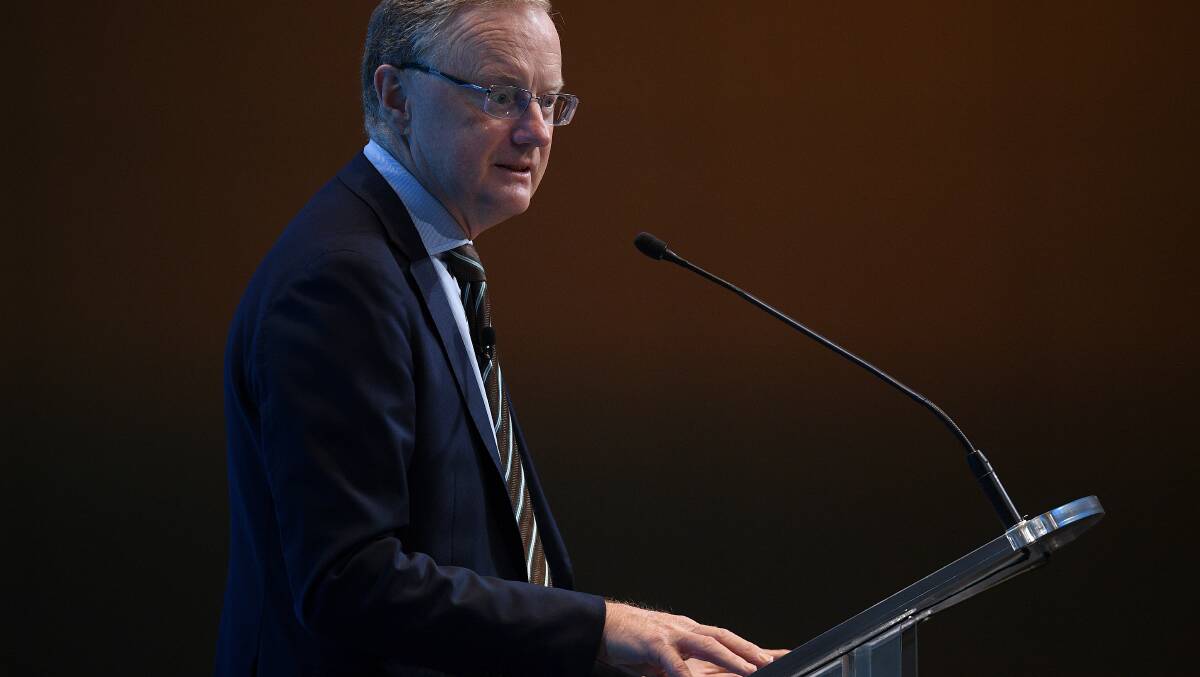One of the most predictable questions asked of the Prime Minister at his post interest rate rise press conference on Tuesday was, "have you just lost this year's election?".

That was predicated on the events of 2007 when the Reserve Bank increased its cash rate weeks out from polling day. John Howard lost both office and his seat shortly thereafter.
Unfortunately, while that rate rise may have contributed to the magnitude of his government's defeat, to blame it entirely for the government's demise is an exercise in historical revisionism by people who should know better.
WorkChoices, not interest rates, was the defining issue in 2007. This was compounded by the strength of the "Kevin 07" campaign and the fact that after 11 years of John Howard people were ready for a change.
While it remains to be seen how the electorate will react to Tuesday's slightly higher than expected interest rate increase, the truth is the RBA has delivered a solid vote of confidence in the state of the economy.
During his press conference the RBA governor Philip Lowe stopped short of offering a mea culpa for telling Australians in 2020 rates would not begin to climb again until 2024. He said the economy, and Australians, had been more resilient than expected and the success of the vaccination program meant the return to normalcy had come surprisingly quickly.
"The combination of fiscal and monetary policy during the pandemic has worked," he said.
These comments will be seized upon by Mr Morrison and Mr Frydenberg as a vindication of their claim to be better economic managers than Mr Albanese and Mr Chalmers. They will no doubt be reminding people if Labor had been in power in 2020 and 2021 it would have spent billions of dollars on Virgin Airlines, six billion on cash incentives for vaccinations that turned out not to be necessary and even more on needlessly extending JobKeeper.
Mr Lowe also put to bed Labor's oft repeated claim the LNP had done nothing to increase wages, saying they were now trending upwards: "The direction of change is now clear".
Mr Lowe also expects the unemployment rate to fall to 3.5 per cent - its lowest in 50 years - before the end of December and said GDP would grow by four per cent despite interest rate increases.
The timing of his remarks could not been better for the government given Mr Frydenberg will be taking on the shadow treasurer Jim Chalmers in Wednesday's debate at the National Press Club. Mr Chalmers will need to do a lot better than claiming "everything is going up under this government but your wages" and saying, as both he and Katy Gallagher did yesterday despite Mr Lowe's comments, "the government's economic credibility is in tatters".
The reality is the record low cash rate was an emergency measure put in place to sustain the economy during a remarkable and dangerous time. Nobody expected it to last forever and, with the economic outlook stronger than anybody, certainly the RBA, predicted two years ago it is now heading back into the normal range.
That said, given the prediction this is the first of numerous rises expected to be made in quick concession and the possibility the cash rate could be 2.5 per cent by the end of the year, borrowers are in for more economic pain in the months ahead. Renters will also take a hit as costs are passed on to them.
Many people who are already doing it tough will soon find it even harder to make ends meet. The challenge for whoever wins on March 21 is going to be to help this cohort without overheating the economy and driving inflation even higher.
Our journalists work hard to provide local, up-to-date news to the community. This is how you can access our trusted content:


